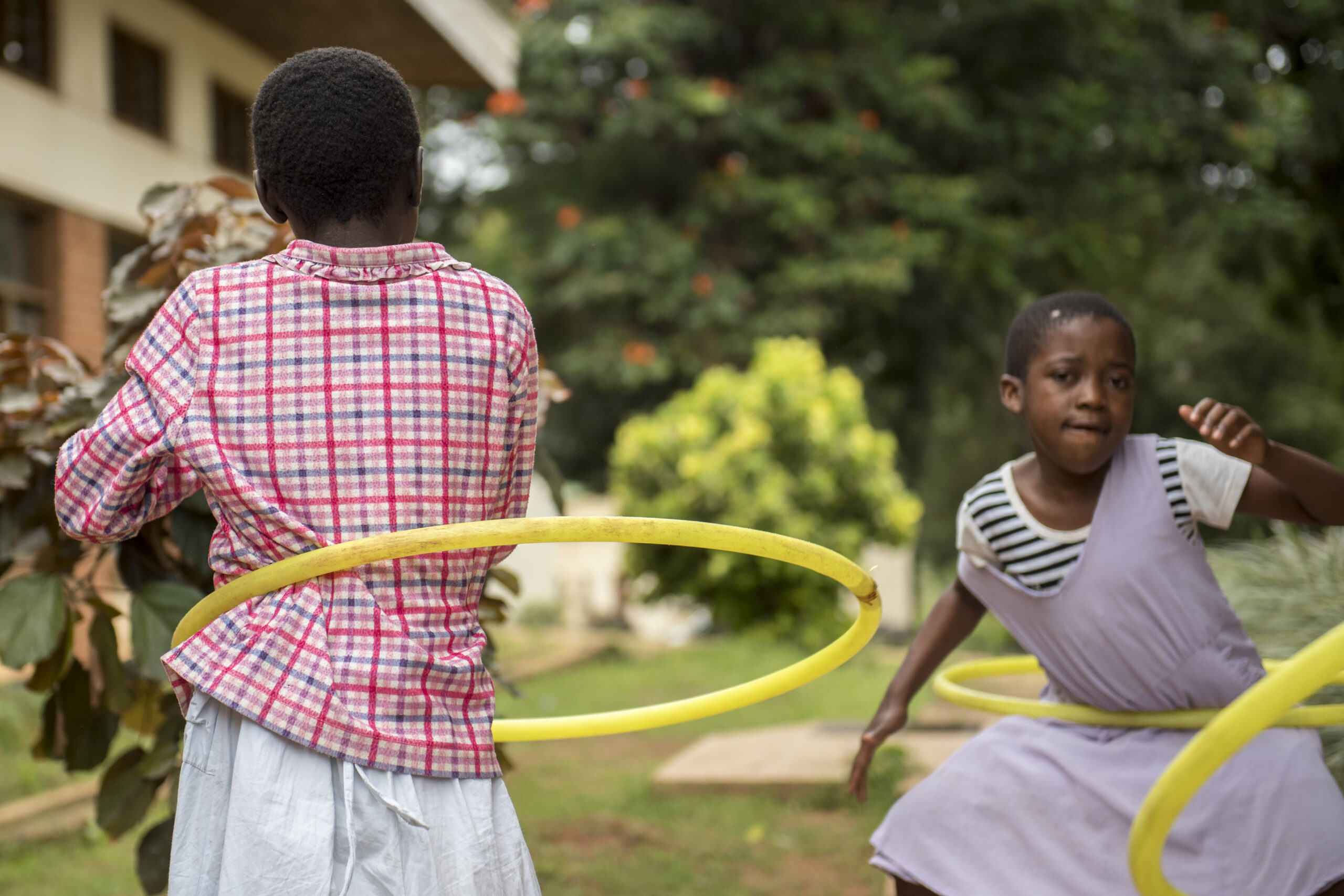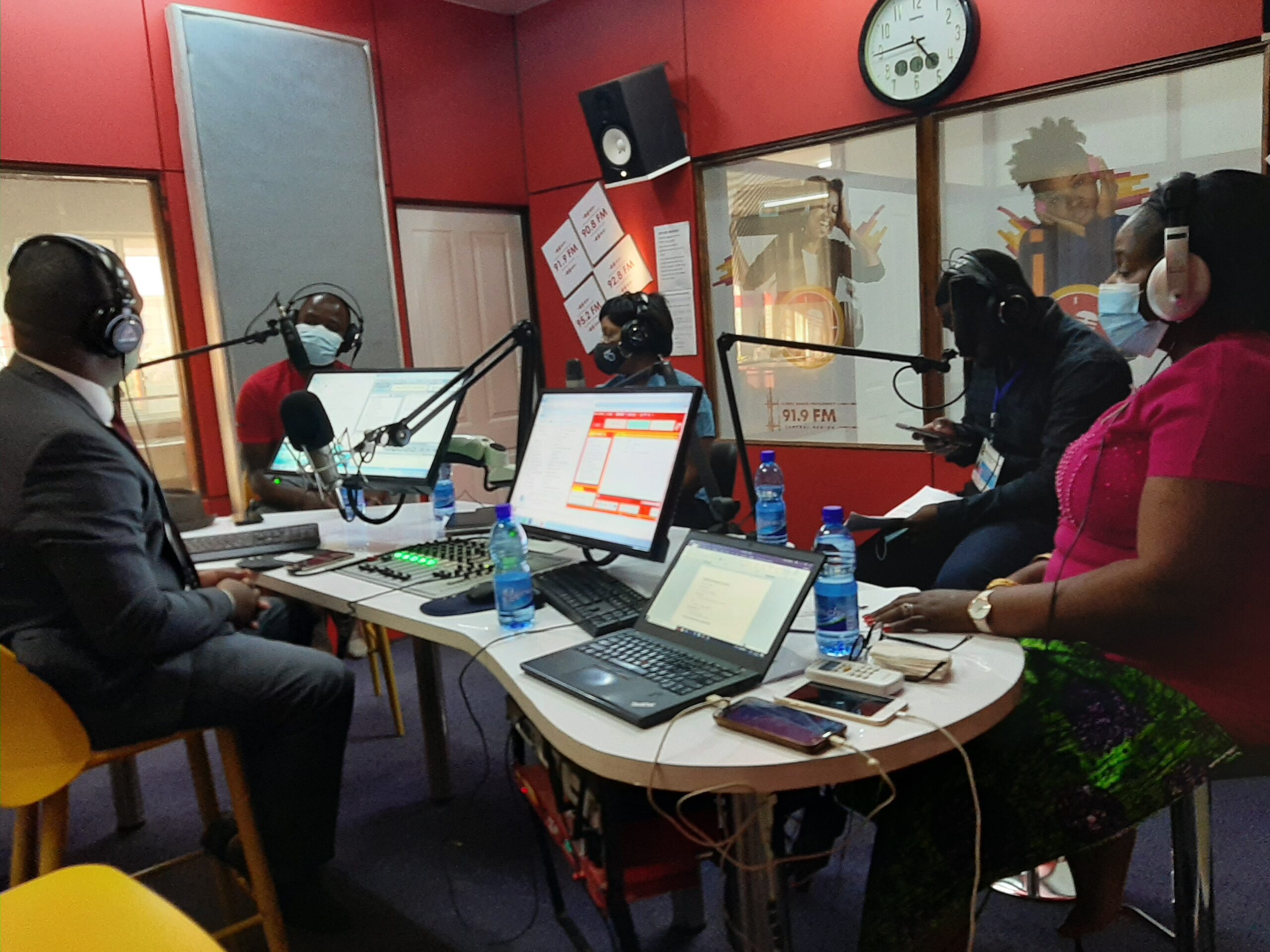In July 2012, the Elizabeth Glaser Pediatric AIDS Foundation (EGPAF) launched a new research project in Rwanda called the Kabeho Study. Through funding from the U.S. Agency for International Development (USAID) and the U.S. President’s Emergency Plan for AIDS Relief (PEPFAR), EGPAF works with research partners and collaborating institutions such as the Rwanda Ministry of Health (MOH), the Rwanda Biomedical Center, and the School of Public Health at the University of Rwanda to determine the effectiveness of the country’s national prevention of mother-to-child transmission of HIV (PMTCT) program.
The Kabeho Study follows 608 HIV-positive mother-baby pairs in Rwanda to examine breastfeeding practices, HIV treatment adherence, nutrition, and the HIV-free survival rates of the children when they reach 18 months of age. It allows researchers to take a close look at the impact of many of the programs and policies EGPAF has helped establish since it began working in Rwanda in 2001.
The study will yield both qualitative and quantitative results by combining an observational cohort design with in-depth interviews. In addition to collecting data from study participants at clinics, researchers will interview health care providers and PMTCT program leaders to assess implementation successes and challenges, and to gather recommendations for program improvement.
As part of the quantitative data collection process, the EGPAF Rwanda research team initiated an innovative tablet-based electronic data capture system called SurveyCTO, based on open-source software called Open Data Kit (ODK). This tablet-based system allows for paperless and efficient entry of participant data by the nurses, which is uploaded in real-time to a central server.
Another study goal is to build and enhance the skills of the research team. Comprised of a group of dedicated and passionate individuals, the Kabeho Study gives these team members an opportunity to benefit from the technical mentorship of senior staff and develop new skillsets.
The Kabeho Study’s findings will inform the Rwandan implementation of World Health Organization’s (WHO) new HIV care and treatment guidelines. Released in June 2013, the guidelines call for all HIV-positive pregnant and breastfeeding women to remain on lifelong antiretroviral therapy (ART). This recommendation, also known as Option B+, began to rollout in Rwanda in April 2012. The Kabeho Study will help not only Rwanda, but programs in other resource-limited countries, to evaluate the most appropriate PMTCT regimen in order to eliminate HIV infection in children and to maximize maternal survival. Our goal is to apply the lessons we learn through the Kabeho Study to help inform national PMTCT programs implementing lifelong ART (Option B+) on a global scale.
In the local language of Kinyarwanda, “Kabeho” means “wishing someone a long life,” and we hope that the study’s findings will show both the progress we have made in Rwanda to help eliminate pediatric HIV and ensure that children and their mothers can look forward to long and healthy lives.




